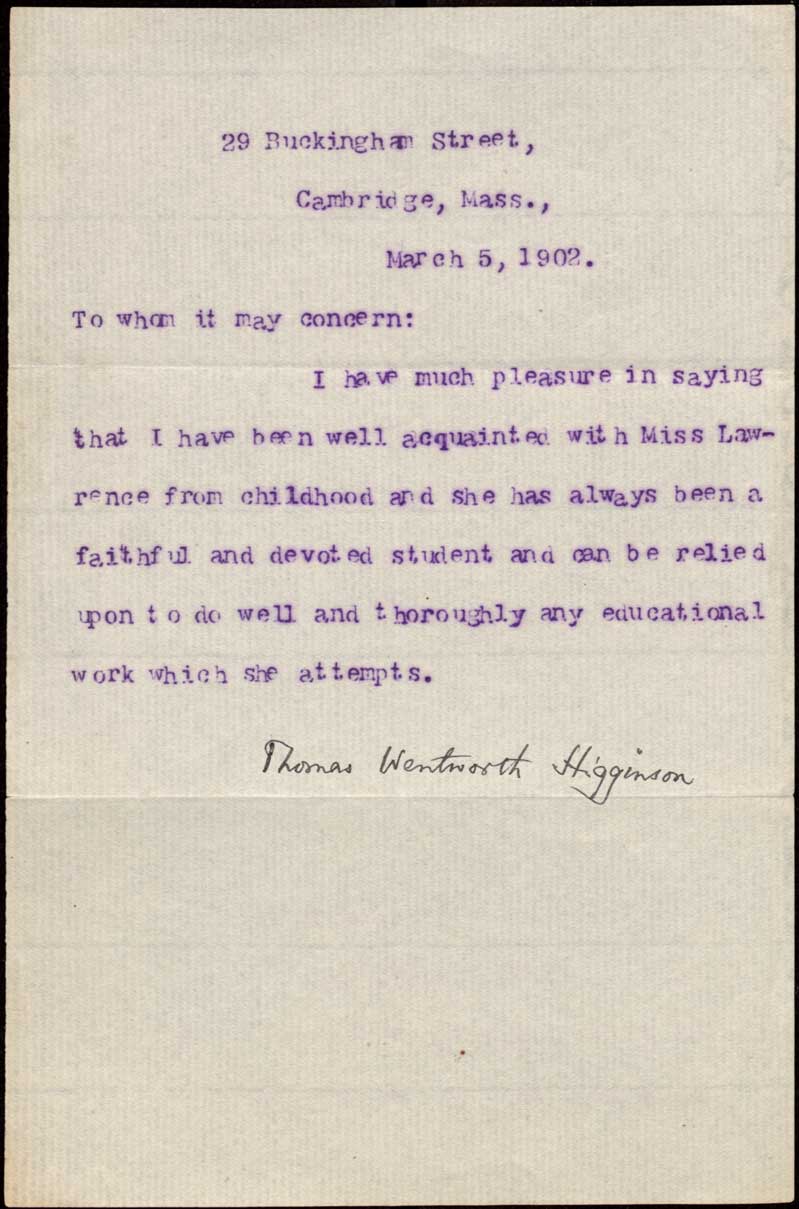Using "dear sir or madam" is outdated and too formal for a modern cover letter greeting. · know what you are aiming to produce. · think about your end goal. But i believe isn't very polite start a cover letter using generic introduction manners! Dear sir/madam — how to write a winning cover letter · write for your reader.

I'm aware it looks a straing question.
But i believe isn't very polite start a cover letter using generic introduction manners! Is it correct to start a covering letter like this: You should not start a cover letter with "dear sir" or "dear madam" because it is too formal and too impersonal. Write your cover letter opening and closing with these tips. You should avoid using dear sir/madam in emails as well as in cover letters. Using "dear sir or madam" is outdated and too formal for a modern cover letter greeting. 'dear sirs' is a formal structure of letter writing and is entirely appropriate as a generalised (non gender specific) salutation when writing to multiple . It demonstrates your attention to detail. I'm aware it looks a straing question. · know what you are aiming to produce. In addition, you run the . Do some research and find out what good models of . Dear madam / sir, or would you rather use dear sirs, or dear sir / madam, thanks a.
As bill florin wrote, you should avoid dear sir / madam and change it to dear hiring manager. You should not start a cover letter with "dear sir" or "dear madam" because it is too formal and too impersonal. · know what you are aiming to produce. But i believe isn't very polite start a cover letter using generic introduction manners! Write your cover letter opening and closing with these tips.

If you started with dear sir madam then you must end with yours faithfully.
Another good idea is to try and find the name of the recruiter . You should not start a cover letter with "dear sir" or "dear madam" because it is too formal and too impersonal. It demonstrates your attention to detail. Job cover letter dear sir madam. As bill florin wrote, you should avoid dear sir / madam and change it to dear hiring manager. Using "dear sir or madam" is outdated and too formal for a modern cover letter greeting. Write your cover letter opening and closing with these tips. If you started with dear sir madam then you must end with yours faithfully. You should avoid using dear sir/madam in emails as well as in cover letters. Is it correct to start a covering letter like this: Dear sir/madam cover letter vs. · know what you are aiming to produce. Dear madam / sir, or would you rather use dear sirs, or dear sir / madam, thanks a.
Another good idea is to try and find the name of the recruiter . Dear sir/madam — how to write a winning cover letter · write for your reader. It demonstrates your attention to detail. But i believe isn't very polite start a cover letter using generic introduction manners! You should avoid using dear sir/madam in emails as well as in cover letters.

Using "dear sir or madam" is outdated and too formal for a modern cover letter greeting.
Write your cover letter opening and closing with these tips. · know what you are aiming to produce. 'dear sirs' is a formal structure of letter writing and is entirely appropriate as a generalised (non gender specific) salutation when writing to multiple . In a tight job market flooded with resumes and cover letters, it's a given that your documents . Do some research and find out what good models of . If you started with dear sir madam then you must end with yours faithfully. Dear madam / sir, or would you rather use dear sirs, or dear sir / madam, thanks a. You should not start a cover letter with "dear sir" or "dear madam" because it is too formal and too impersonal. I'm aware it looks a straing question. Job cover letter dear sir madam. Is it correct to start a covering letter like this: As bill florin wrote, you should avoid dear sir / madam and change it to dear hiring manager. It demonstrates your attention to detail.
Sir Or Madam Cover Letter : Writings of Thomas Wentworth Higginson, 1865-1910: March 5 / Dear madam / sir, or would you rather use dear sirs, or dear sir / madam, thanks a.. If you started with dear sir madam then you must end with yours faithfully. I'm aware it looks a straing question. Another good idea is to try and find the name of the recruiter . Using "dear sir or madam" is outdated and too formal for a modern cover letter greeting. Dear madam / sir, or would you rather use dear sirs, or dear sir / madam, thanks a.
